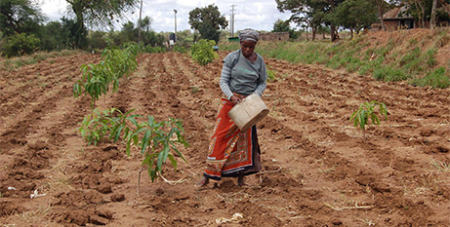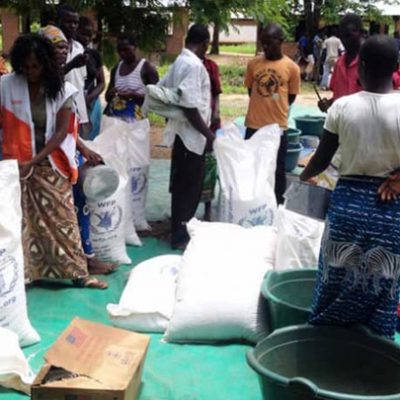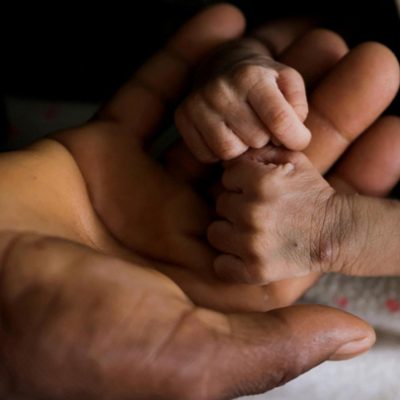
The Catholic Agency for Overseas Development in England and Wales has accused the World Bank of promoting agricultural models that benefit large-scale agribusiness at the expense of poor farmers. Source: The Tablet.
In a report published last week, the aid agency said the World Bank demands “regulations and laws that support the expansion of commercial markets for hybrid seeds and chemical inputs”, forcing poorer nations to purchase seeds and fertilisers from global corporations.
The Sowing the seeds of poverty: how the World Bank harms poor farmers report found that “this approach does not support poor farmers’ diverse needs and is not effective in reducing poverty”.
To receive loans from the World Bank, countries must meet certain conditions, including the introduction of agricultural subsidy programmes and seed certification laws.
CAFOD said these subsidies are used to buy otherwise-unaffordable hybrid seeds and fertilisers from a commercial market dominated by international agribusiness. Four corporations control more than 50 per cent of the global seed market.
At the same time, certification laws make it illegal for farmers to propagate and sell their own seeds on the informal market.
These programmes are “a drain on government resources, and lock farmers into relying on unaffordable and environmentally-destructive chemical fertilisers”, the report said.
Ruth Segal, CAFOD’s lead for food systems, who co-authored the report, said: “For centuries, farmers have shared seeds and cultivated them so they can adapt to local environmental conditions and grow food that benefits their communities.
“But this age-old approach is systematically being destroyed by the World Bank for one that benefits big businesses rather than tackling hunger.”
FULL STORY
World Bank is punishing poor farmers, says Cafod (by Patrick Hudson, The Tablet)






